Martine Rothblatt, a transsexual-transhumanist planted the seeds to foster a legal construct of disembodiment as identity, forged out of his paraphilia of owning female biology for himself, in the 1980’s. The advancement of his ideology that seeks to deconstruct sexual dimorphism in effort to cultivate the social and legal groundwork for melding humanity to AI, is too big a leap for many people to make. “Gender Identity” is a bridge to get you there. – Jennifer Bilek
The word ‘identity’ and the phrase ‘I identify as…’ have become buzzwords in the West due to gender identity ideology, the idea that we all have an innate gender identity. This ideology has glamourised the idea of individual identity in society. Critics of transgender ideology, particularly Jennifer Bilek, have demonstrated that gender identity is being promoted in order to normalise transhumanism. This article connects the notion of gender identity as a transhumanist trojan horse with the ideas of Klaus Schwab, one of the main players using the Covid-19 narrative as a means to push transhumanism.
What is an ‘identity’?
The Free Dictionary gives the following (relevant) definitions of the word ‘identity’:
1. a. The condition of being a certain person or thing: What is the identity of the author of the manuscript?
b. The set of characteristics by which a person or thing is definitively recognizable or known: “The identity of the nation had … been keenly contested in the period of nationalist opposition to Imperial rule” (Judith M. Brown).
c. The awareness that an individual or group has of being a distinct, persisting entity: “He felt more at home thousands of miles from Britain than he did in an English village four miles from his home … Was he losing his identity?” (Robert Fallon).
The first definition is an objective definition. In the question ‘What is the identity of the author of the manuscript?’ the answer must be a specific person(s). This question would generally be answered with something like ‘Plato is the author of the manuscript.’
The second definition can be objective or subjective. For example, when talking about an object being ‘definitively recognisable or known’ through a set of characteristics, the set of characteristics are observable objectively. If we are talking about a concept such as ‘the identity of the nation’ however, that is somewhat subjective. No doubt several different individuals could give differing answers to a question about the ‘identity of the nation’.
The third definition is even more subjective, as it involves an individual awareness or a ‘group awareness’. The individual awareness of being a ‘distinct, persisting entity’ can start with the Descartes phrase ‘I Think, Therefore I Am.’ (at least if we believe in ego!). Once we get beyond that, however, the term ‘identity’ gets more subjective. Further conceptions of ‘identity’ based on our enduring characteristics can be real, delusional, or a mixture of the two.
The Subjectification of Identity
NSPCC defines Gender Identity as:
Gender identity is a way to describe how someone feels about their gender. For example, some people may identify as a boy or a girl, while others may find neither of these terms feel right for them, and identify as neither or somewhere in the middle.
In their conception, a ‘trans’ person is someone who does not ‘identify with their gender assigned at birth’ and a ‘cis’ person is someone who does ‘identify with their gender assigned at birth’.
This concept means nothing. Every even hypothetically coherent defining factor of gender identity is rejected by transgender activists.
The most obvious possible definition of gender identity is the performance of masculine and feminine stereotypes. This is admitted by some transgender-identified people, for example, Blaire White in this interview with Benjamin Boyce, states explicitly that his ‘transition’ was about not fitting into a stereotypical masculine role.
This definition is also implicitly used by transgender activists. For example, the ACLU, an organisation that has morphed from defending free speech to being obsessed with transgenderism due to a particularly loopy trans-identified female, Chase Strangio, promotes ‘trans kids’. These ‘trans kids’ are defined by gender stereotypes. For example, the ACLU posted a video from the father of a ‘trans girl’ who states that his son is a girl because of his like for stereotypically feminine toys, etc. There are lots more examples of this, see this article by Lily Maynard.
However, if you were to ask a trans activist, they would deny it is about gender stereotypes. This is seen in memes such as ‘Non-Binary people don’t owe you androgyny’ – the idea that being non-binary is not about presentation but an inner essence. This article from Everyday Feminism also explicitly denies the connection between expression and identity. (Of course, gender stereotypes/expression cannot lead to an objective and unchangeable ‘gender identity’ definition since stereotypes and modes of dress are changeable).
Once this is rejected as a definition, we could fall back on the idea of gender dysphoria. Gender dysphoria is the feeling that one is in the ‘wrong body’, the desire to ‘live as the opposite sex’. Whether or not someone has gender dysphoria, however, is rejected by transgender activists and ideology as a basis for gender identity. They claim that gender dysphoria is not necessary to have a trans identity. Even if they did attempt to argue that gender dysphoria means a different gender identity, this logic would not follow, as the existence of discomfort with a sexed body does not prove that gender identity is a valid construct.
The only criteria that trans activists have for being transgender, non-binary or any other gender identity is simply to claim that gender identity. Essentially, we have a ‘distinct, persistent’ feeling that is based on absolutely nothing objective – by their own arguments. This is different from my ‘feeling’ that I am a woman because of biological fact, as this is grounded is reality. We have identity unmoored, identity as entirely, completely abstract.
The Promotion of Transhumanism
However, Schwab is also attempting to reconstruct the word ‘identity’ to unmoor it from biological reality. There is one line from Schwab which is very interesting, that has been reposted and replayed multiple times on sites critical of the WEF:
What the the fourth industrial revolution will lead to is a fusion of our physical, our digital, and our biological identities.
Of course, this quote is advocating transhumanism, a position Schwab is passionate about.
The interesting point here is how this sentence is constructed. He does not say ‘The fourth industrial revolution will be a fusion between ourselves and technology’ which would be the most obvious expression of this idea. No, he specifically chooses the word ‘identity’, as if human beings are not actually biological beings based in the natural world but a collection of identities.
Like in the transgender construction, our bodies are merely a ‘physical identity’. In the same way as a transgender identified person takes hormones and has surgeries to change their physical identity, we will all fuse our biology with our online personas, our abstract unmoored selves that can be reinvented at will. (Online I can be a man, woman, black, white, gay, straight, anything I say I am. I am an anonymous identity, amorphous, changeable at will.)
The higher self, found through surgery and hormones in the transgender conception, is found by our ‘fusion’ in Schwab’s conception. Schwab attempts to make butchery and blasphemy benign, a mere expression of identification rather than an attack on human nature. It abstracts the concept of identity from any mooring in human nature, cut it loose, make it a name that can be placed at will. Man and woman have no meaning, neither does natural and unnatural. All is merely a matter of identification.


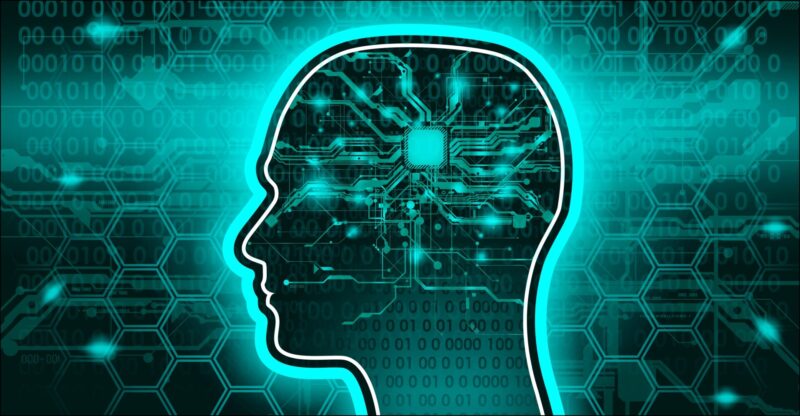


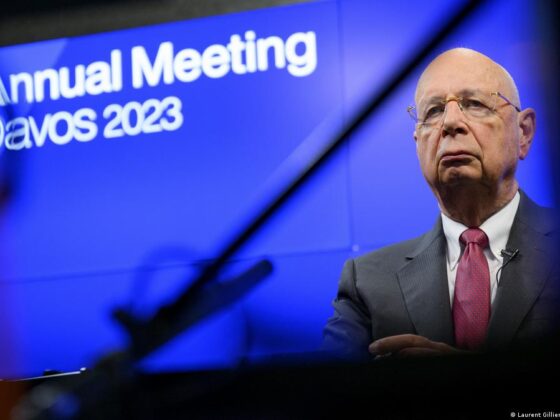
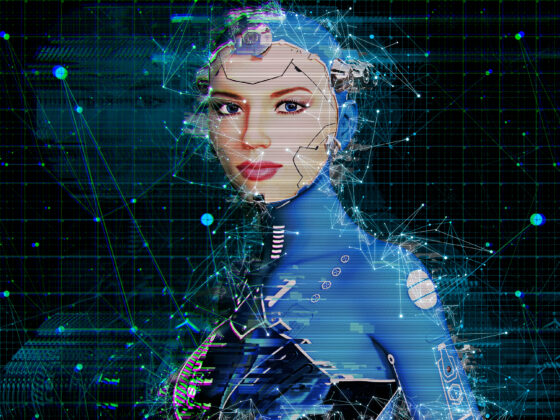
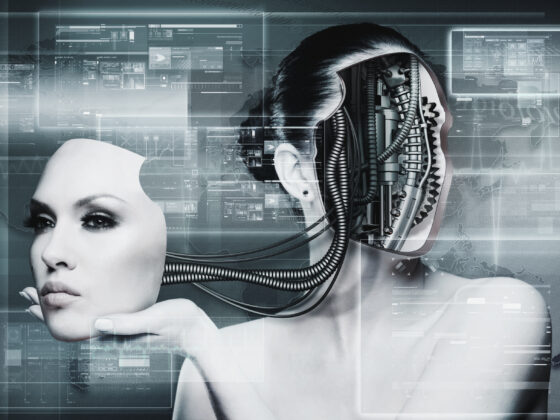



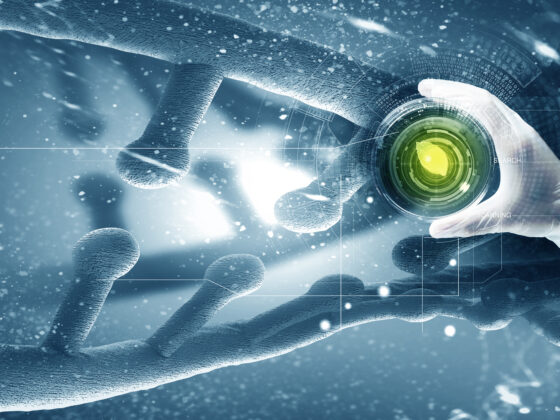



2 comments
Howdy! I ѕimply wish to give you a huցe thumbs up for the excellent info you have right hеre on this post.
I will be returning to your site for more soon.
“Transhumanism is a wet dream of the elite. They normalise this concept through simple tricks such as using the word ‘identity’ as an empowering term. This applies to the transgender ideologists – such as Martine Rothblatt – as well as the Official Covid Narrative promoters such as Klaus Schwab.”
If Mr. Mercola means that they normalize this concept in an attempt to impose it and so, through the adoption of the concept by the masses, to achieve their goals, I do not agree. They are simply trying to minimize the damage that will result from not accepting this addiction when they realize it in the society. They will realize it, and it does not depend on any “acceptance” or “non-acceptance.” Otherwise, take a good look at what tools and powers they have to achieve their goals, and say what do people have against it?